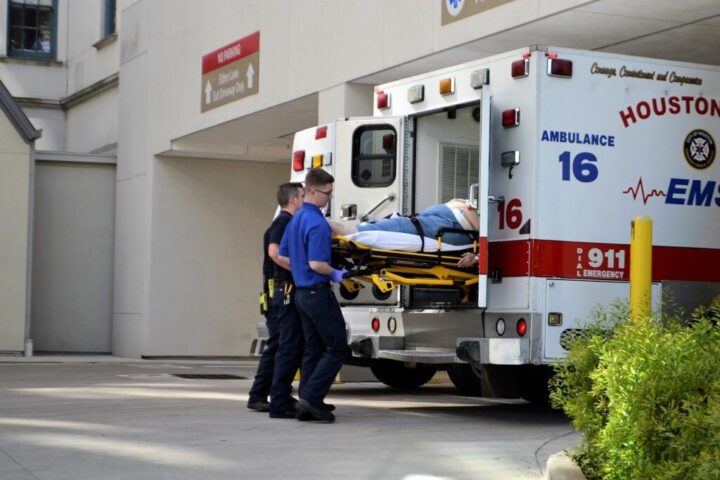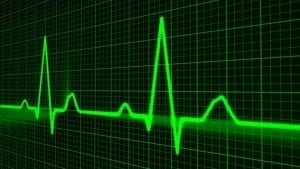According to a story from mdlinx.com, a recent study has found that around 20 percent of sudden cardiac death cases in US adults can be linked to pathogenic arrhythmia syndromes and inherited cardiomyopathies. While the affected individuals appeared to have cardiac exams that appeared normal, the pathogenic variants identified were linked to long QT syndrome, dilated cardiomyopathy, and hypertrophic cardiomyopathy.
About Long QT Syndrome
Long QT syndrome is a condition in which the repolarization of the heart following a beat is affected. It is generally characterized by an irregular heartbeat, which can rarely lead to sudden death. The condition can be acquired during life; treatment with certain drugs, low potassium or magnesium, anorexia, and hypothyroidism are all potential causes. It also occurs as an inherited syndrome, either by itself or as a symptom in another inherited disorder; multiple mutations in several genes have been implicated. Symptoms can be triggered by strenuous exercise or stress and can include seizures, fainting, hearing loss, muscle weakness, arrhythmia, and sudden death. Treatment focuses on preventing or ending arrhythmia; approaches include avoiding drugs that prolong the QT interval, potassium/magnesium supplements, certain medications, and implanting a cardioverter-defibrillator. To learn more about long QT syndrome, click here.
Study Findings
The authors of the study concluded that these findings indicate:
“…The need to assess a strategy of integrating genetic testing into risk assessment for the prevention of sudden death, especially in persons with a family history of this phenomenon.” – Dr. Aloke Finn
The challenge is the fact that while people living with these disorders are almost certainly at a higher risk of sudden cardiac death, 0nly future research will be able to determine why this risk is present even when the condition is not clinically detectable; many people with long QT syndrome and cardiomyopathies are never diagnosed unless they experience symptoms.
The study included 683 Black and white adults who had died as a result of sudden cardiac death that had no clear explanation; 63 percent of them were male. 413 had DNA that was usable for gene sequencing in the study. 30 genes associated with cardiomyopathy and 38 genes linked to arrhythmia were sequenced by the research team. All were considered pathogenic/likely pathogenic (P/LP).
12.6 percent had P/LP variants for cardiomyopathy (2.7 percent for dilated, 10.9 percent for hypertrophic) and 5.3 percent had these variants for arrhythmia. 0.5 percent carried P/LP variants linked to both of these conditions. Both races were equally likely to carry these variants and there were no major differences in the hearts or clinical characteristics of those with them versus those without them.
Dr. Sadiya Khan from the Northwestern University Feinberg School of Medicine says that these findings suggest that genetic testing of those who suffered sudden cardiac death should be more widespread.








